In addition to Weibo, there is also WeChat
Please pay attention

WeChat public account
AutoBeta


2024-07-27 Update From: AutoBeta autobeta NAV: AutoBeta > News >
Share
AutoBeta(AutoBeta.net)06/21 Report--
Is there a future for Korean cars in the Chinese market? From annual sales of millions to less than 2% of the market today, how can Korean cars survive in the Chinese market?
Hyundai Motor of South Korea announced the sale of two factories in China on June 20 and may be in the process of selling two factories that have stopped production, according to the Nikkei News. After the sale, Hyundai will have only two production plants in China. In addition, due to the sharp decline in Hyundai's sales in China over the past six years, Hyundai plans to cut its sales in China to eight models from the current 13. However, the report did not specify the target place for the shutdown plant to be sold, but Beijing Hyundai did not respond to the report as of press time.
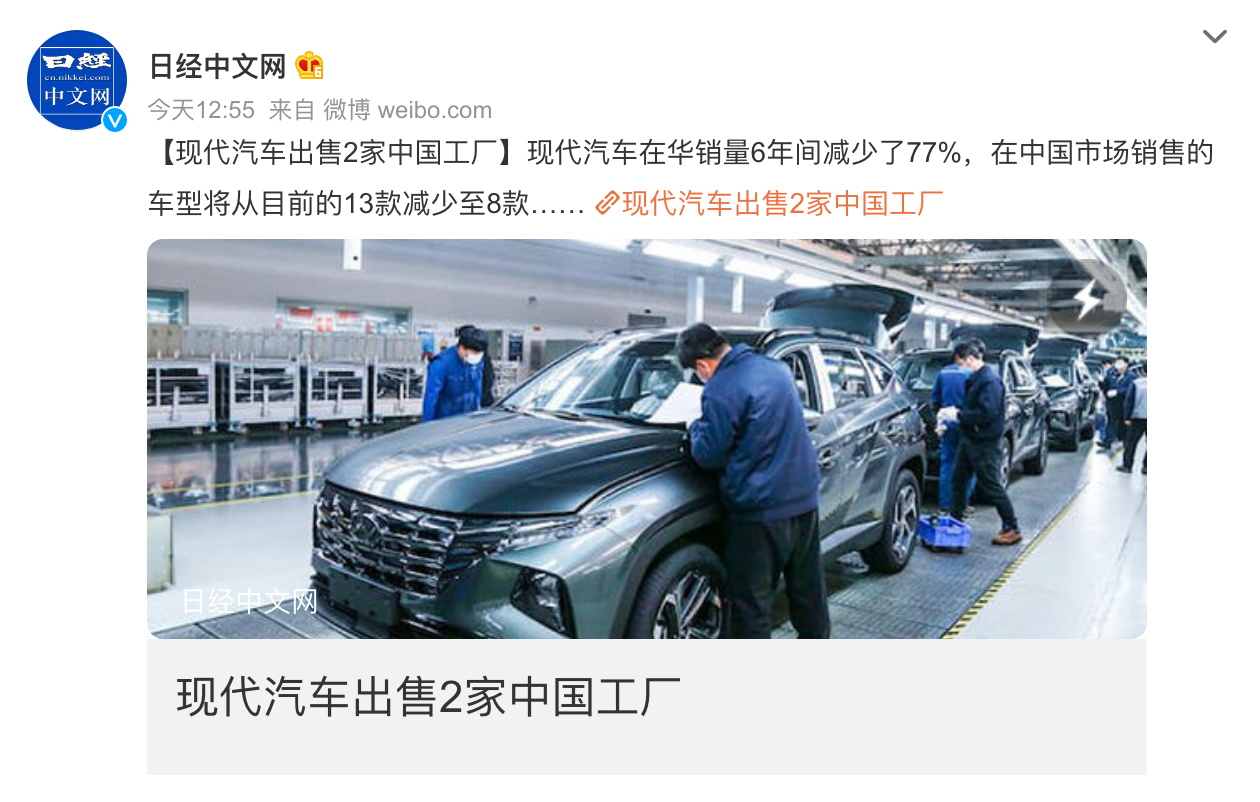
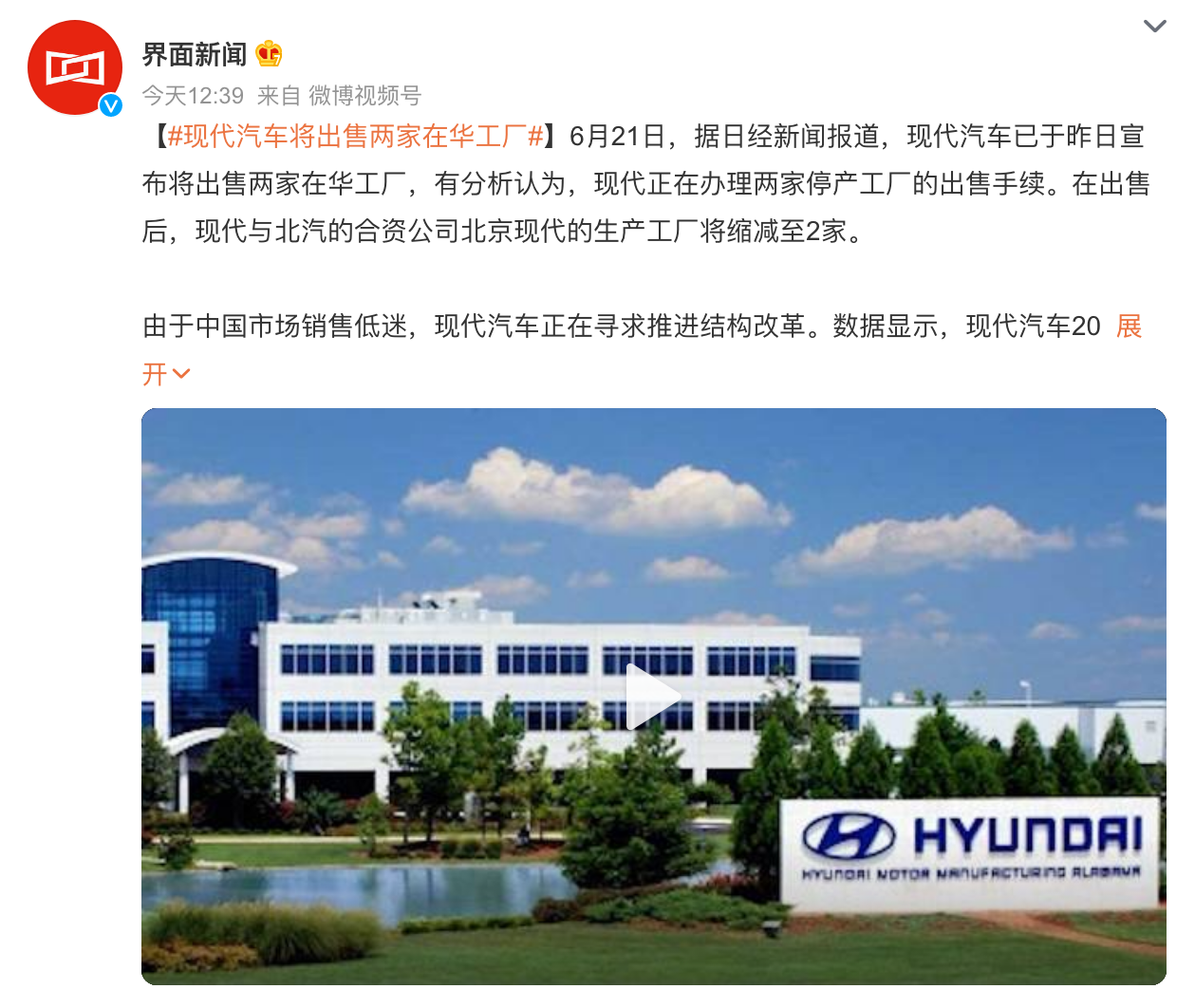
On October 18, 2002, Beijing Hyundai, a joint venture between Hyundai Motor Group and BAIC, became the first Sino-foreign joint venture project in the field of automobile production approved after China's entry into WTO. At that time, the best-selling models on the market were Jetta, Pusan, Xiali and so on, while the Sonata, as the first production car of Beijing Hyundai, sold very gratifying after its listing, reaching 177000 units in the third year on the market, accounting for 10% of the B-class car market. After that, Beijing Hyundai used the shortest time to reach the record of 1 million vehicles produced and sold by domestic automakers, with sales of 1.03 million vehicles, 1.16 million vehicles, 1.06 million vehicles and 1.14 million vehicles respectively from 2013 to 2016, and reached an all-time peak in 2016. it is also one of the outstanding joint venture car companies in China.

In order to match the rising market sales, Hyundai began to speed up the construction of factories in China to meet the market demand, including Beijing Shunyi No. 1 Plant, No. 2 Plant, No. 3 Plant, Hebei Cangzhou Factory and Chongqing Factory, with an annual output of 1.65 million vehicles.
The first factory in Beijing, Hyundai's first factory in China, was completed and put off the line in November 2002. The Sonata, the first model, stopped production in 2019 and sold it to ideal cars, which were officially approved a few days ago.
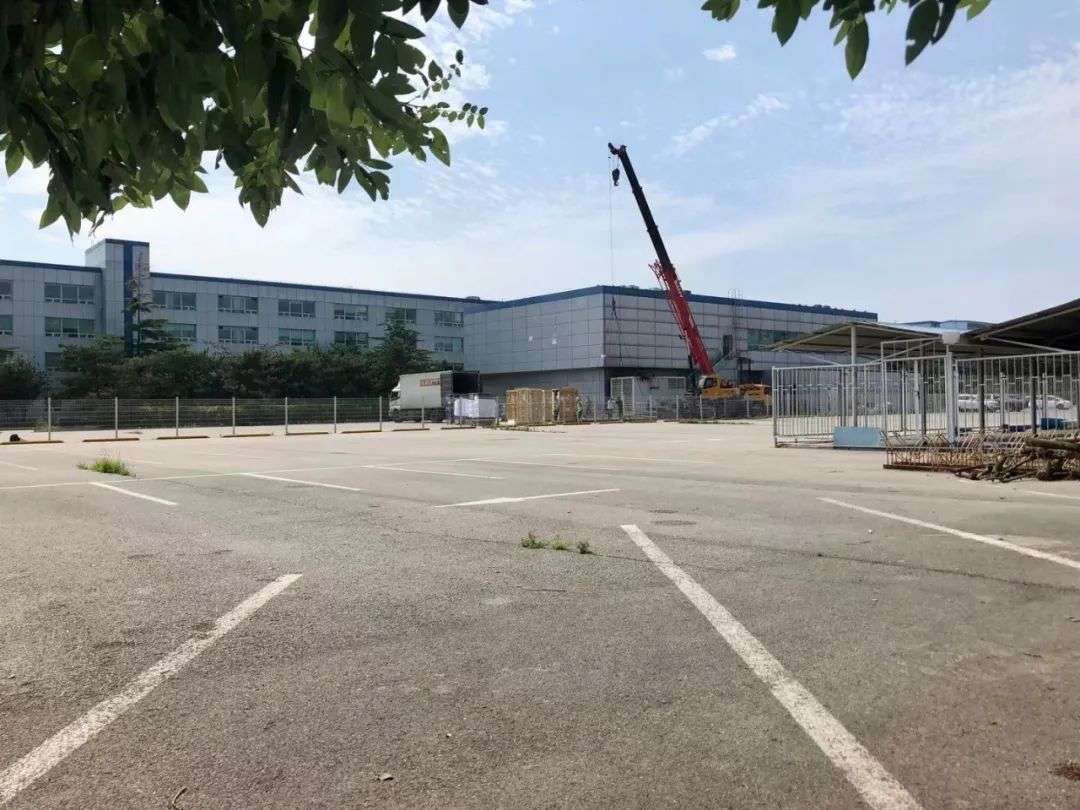
The second factory in Beijing, which was completed and put into production in 2007, mainly produces Sonata, Langdon and Tusheng models, with an annual production capacity of 300000 vehicles. In August 2021, Hyundai Motor Group listed its second factory in Beijing for sale. Although Beijing Hyundai's internal personnel responded untruthfully, the second factory has stopped production since then.
From 2011 to 2012, with the launch of the eighth generation of Sonata, Langzo and other new cars, Beijing Hyundai completed 3 million and 4 million new cars respectively, and the third factory in Beijing was completed and put into production, with a total production capacity of 1.05 million. It is understood that the third factory in Beijing is located at 88 White Road, Shunyi District, with a planned production capacity of 450000 vehicles, crossing multiple models with the first and second factories in Beijing in a short period of time.
In October 2016, Beijing Hyundai Cangzhou was completed and put into production, with a total investment of 1.2 million yuan and an annual planned vehicle production capacity of 200000 vehicles. In this year, Beijing Hyundai ushered in a sales peak, with a total sales of 1.14 million vehicles for the whole year and more than one million vehicles for four consecutive years.

In 2016, Beijing Hyundai completely lost the power to continue to accelerate after releasing the last era dividend of fuel vehicles. When domestic cars enter the era of stock competition, coupled with the freezing point of Sino-South Korean relations due to "THAAD", Beijing Hyundai has also entered a complete recession. In 2017, Beijing Hyundai's annual sales fell to 820000 vehicles, and it was the year when the debacle began. Beijing Hyundai Chongqing was completed and put into production, with an annual production capacity of 300000 vehicles, mainly producing Renault, Onchino, Festa and ix25 models. The annual production capacity of 1.65 million vehicles has become an unspeakable pain for Beijing Hyundai.
By the beginning of 2021, there were numerous reports of production and shutdown of Hyundai Chongqing plant in Beijing. Sales of Hyundai in Beijing continued to decline for many years, falling to 481000 in 2020, ranking 15th among domestic passenger car companies, 384000 and 256000 respectively in 2021 and only 103000 from January to May in 2023.

2022 will be another difficult year for Korean brands. Hyundai Motor Group is responsible for the development of Korean brands in the Chinese market, but whether it is Beijing Hyundai, Yueda Kia or Genisse, which has just returned to the market, the performance in the domestic market is getting less and less optimistic. Some analysts believe that the plight of Hyundai in the Chinese market may not only be due to political factors and the slow transformation of new energy, but also due to the lack of product competitiveness. Hyundai has set up a real R & D center in China much later than other joint venture brands, and it rarely adopts Chinese advice on introducing models and improving its adaptability. Compared with Chinese brands, Hyundai cannot have an advantage over either fuel vehicles or electric cars.
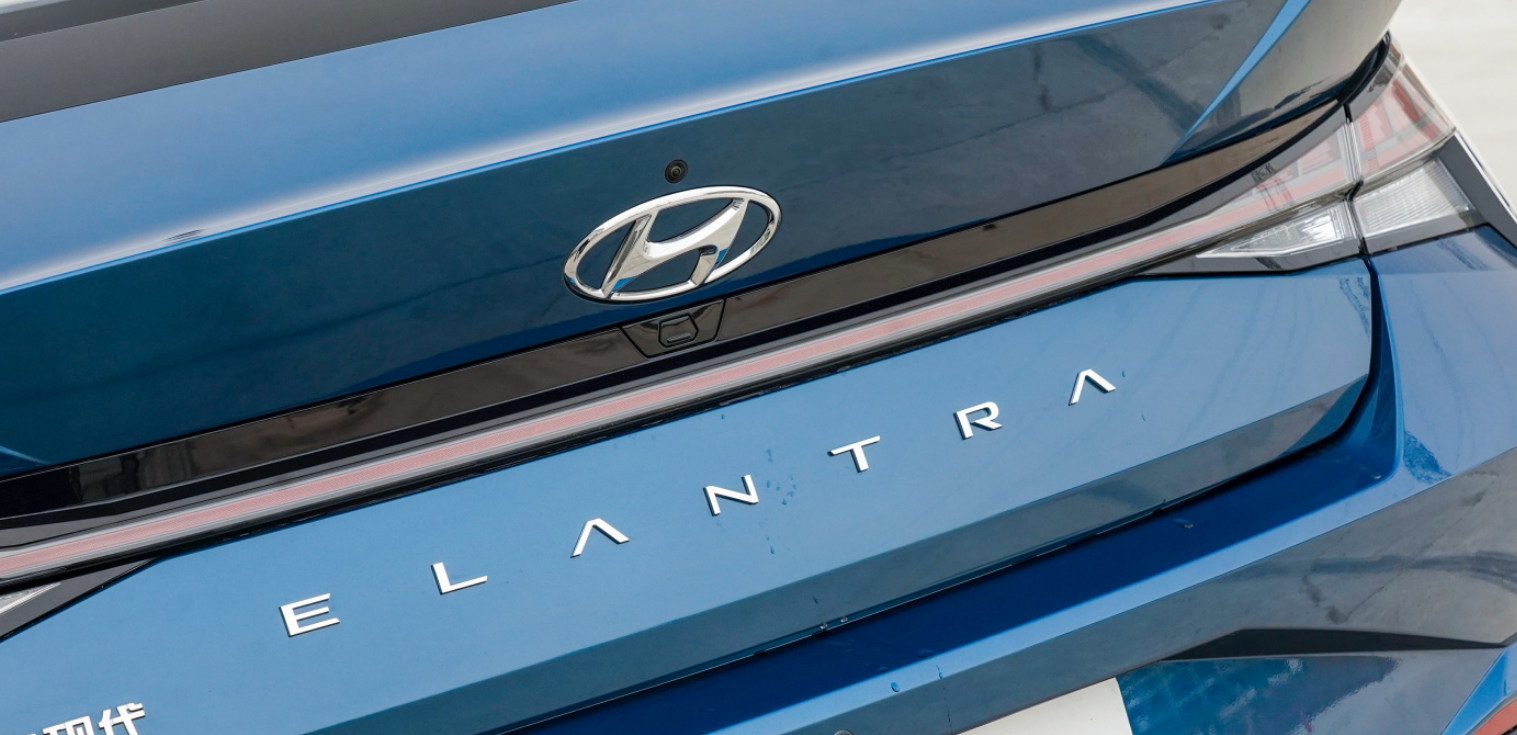
Hyundai's China business has been plagued by a variety of negative factors in recent years, and Hyundai plans to carry out structural reforms-the remaining two factories will increase production efficiency and serve as export bases for emerging markets. In the Chinese market, Hyundai will sell eight models from the current 13, and plans to sell high-end models such as the Genisseth in Shanghai. In addition, in order to enhance the damaged brand image, Hyundai will focus on high-performance models. According to the plan, Beijing Hyundai will realize the full hybrid of fuel vehicles in 2025, and build a hybrid product matrix of one MPV, two cars and three SUV models in the next 3-5 years, reaching the annual production and sales scale of 300000 hybrid products.
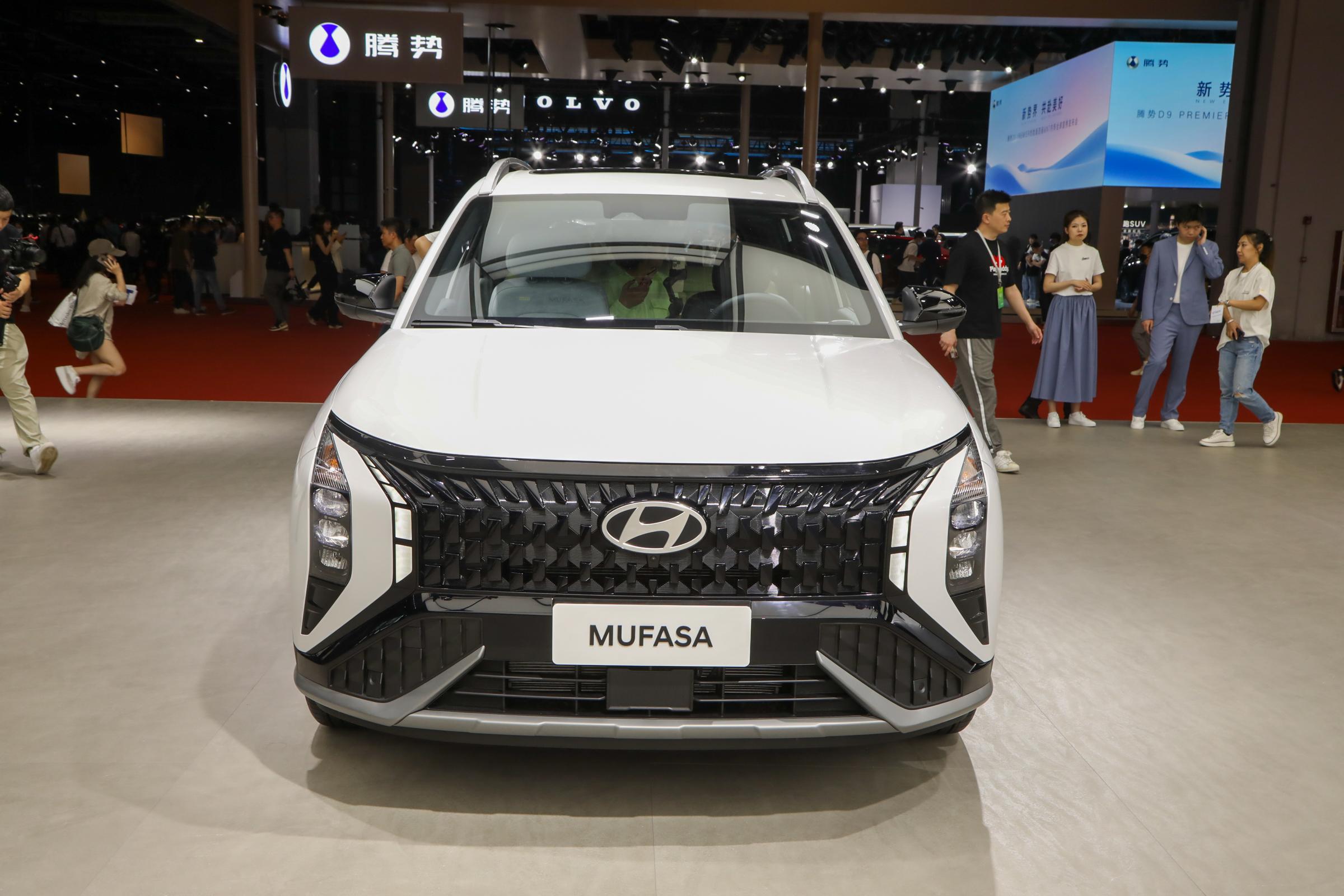
On June 18, Beijing Hyundai brand-new model-MUFASA Musa officially launched, the new car launched a total of three models, selling for 12.18-139800 yuan. It is understood that MUFASA made its debut at the 2023 Shanghai Auto Show, based on i-GMP platform production, and will become the first new product launched under Beijing Hyundai's "2025 to New Plan". After listing, it will directly replace Hyundai ix35, power is equipped with the same 2.0L engine as ix35, and the transmission system matches 6AT gearbox.
Welcome to subscribe to the WeChat public account "Automotive Industry Focus" to get the first-hand insider information on the automotive industry and talk about things in the automotive circle. Welcome to break the news! WeChat ID autoWechat
Views: 0
*The comments in the above article only represent the author's personal views and do not represent the views and positions of this website. If you have more insights, please feel free to contribute and share.







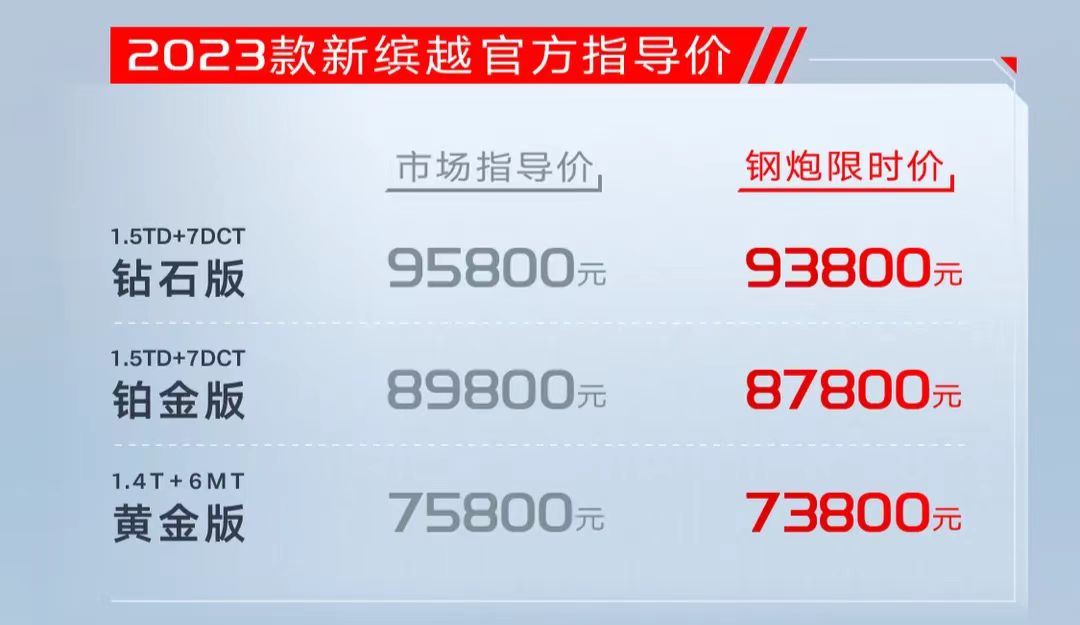

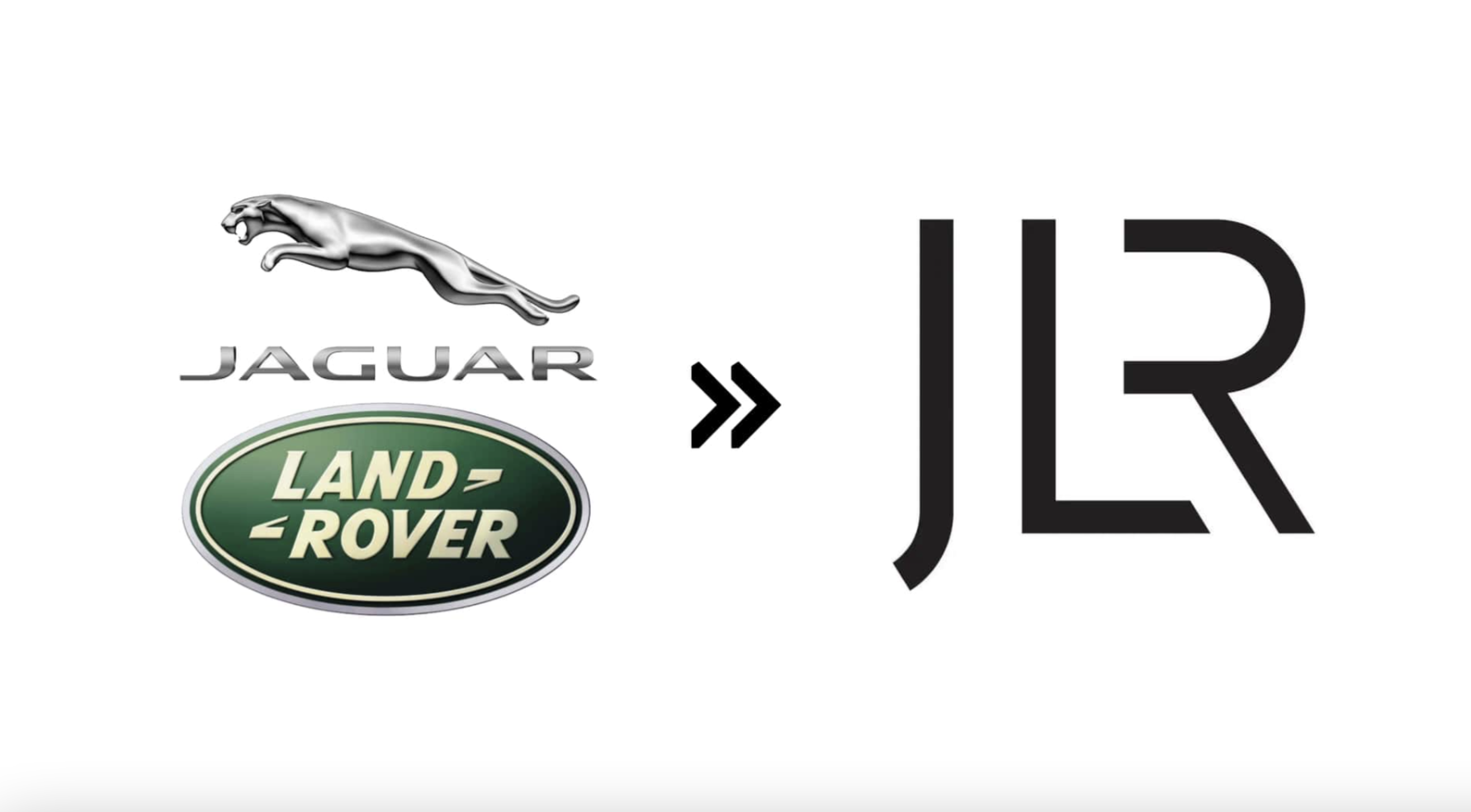

© 2024 AutoBeta.Net Tiger Media Company. All rights reserved.